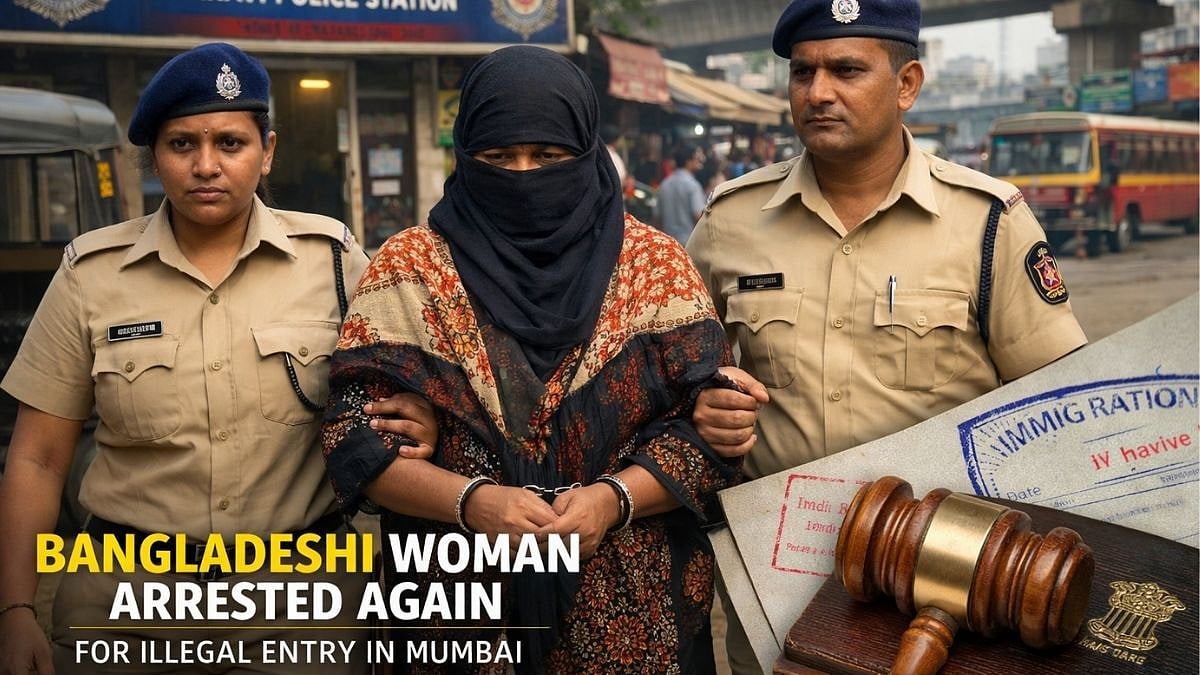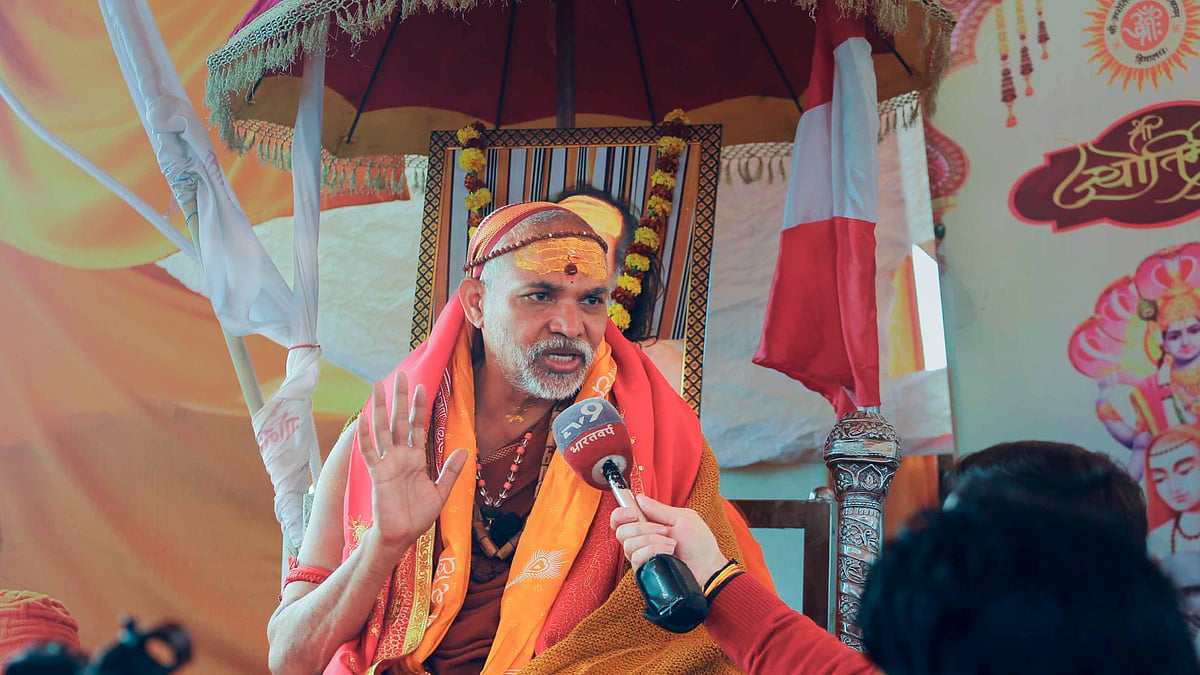Few should be surprised by the announcement calling off the Johnson-Modi summit. Amid an exponential increase of Covid-19 cases in India, it was entirely understandable that the photo opportunity to trumpet mutual interests was left for another day. Within hours of the cancelled trip came the predicable news that the UK had added India to its ‘red list’, imposing severe restrictions on travel. Nearly a year after the original lockdown, as millions of Indians face another period of confinement, it urgently underscores the need for the Modi government to exert its grip on this growing crisis. In an inter-connected world, what takes place in the world’s most populous democracy during a pandemic has resonance beyond its shores.
To be fair to the Modi government, few across the globe can claim to have handled the pandemic with competence. Indeed, it was not that long ago that Boris Johnson was being pilloried for the UK government’s performance. Nor can the size and scale of the myriad challenges in India be underestimated. The sheer immensity of India’s population would have always posed difficulties to manage during the pandemic. Nonetheless, the ineptitude and complacency of the administration defies logic.
Contributory factors
A few key contributory factors come to mind. First, the communications strategy adopted by the government has been muddled at best and absurd at worst. On the one hand, official messages have focused rightfully on regular sanitisation, mask wearing and urged caution. Yet, in practice, these have been sidestepped easily. When a government permits thousands to gather for the ‘Kumbh’ with little social distancing; when pilgrims continue to travel in large numbers to shrines as Vaishno Devi; when large election rallies in Bengal are prioritised, you know that reason and common sense have fled.
In addition, too much was made of the low mortality rate in India, which bred a mood of complacency. Basic norms were overlooked. The apocalyptic scenes playing out in cities across India, where shortages of hospital beds, oxygen and medicines are dominating headlines, speak tragically of the sheer human cost of this ill-judged over confidence.
Second, the vaccination rollout in India has been unbelievably slow. In large part, this is due to poor official decision-making. The laggard pace of the rollout may be explicable if India had a huge dependency on imports. But unlike most countries, it is fortunate to have the world’s largest manufacturer of vaccines in the Serum Institute of India (SII) within its borders. Still, India has not been a frontrunner in the global Covid-19 vaccination tables.
If ever there was a shining example of a ‘Make in India’ product, Covishield must be it. Yet, the truth is that the government simply did not plan with foresight to order ample doses. It dithered while others were prepared to be bold. Boris Johnson made many mistakes during the pandemic but he correctly assessed that only a swift and successful vaccination drive could pave the way to some sort of normality.
Vaccine supplies
As the UK has begun easing restrictions with a majority of adults having received their first dose, the British PM played a key role by committing to vast supplies early on, rather than waiting for all approvals before placing an order. He correctly judged that manufacturers such as SII needed appropriate lead time to ramp up capacity. Not so with Modi’s minions, who severely failed to appreciate this.
When push came to shove, the Indian government resorted to old-fashioned price controls on manufacturers. Rather than funding a manufacturer appropriately for public orders, it has sought to hide behind a cloak of socialist squeezing. The result unsurprisingly is a disincentive to make substantial investments. In most other countries, the SII would be akin to a ‘crown jewel’. In India, buried by the bureaucracy, the government is intent on ‘socialising its gains’ while leaving it conveniently to ‘privatise its losses’.
Opportunity for Modi
Looking ahead, it is clear that acceleration of the vaccination drive is all important. But a successful rollout will require appropriate synergies between the private and public sector. Inspiration could be drawn from the UK’s Vaccination Task-Force, which brought together experts from government, scientists and industry, to cut through red tape, develop funding and operational solutions for the rollout. It is an approach that has worked remarkably well. Underpinning this is an acknowledgment that rewarding the private sector appropriately, transparently and proportionately is also in the public interest.
The road to a recovery also demands statesmanship and effective communication. At the moment, anxiety has filled the vacuum left by largely silent leadership. As the world’s largest democracy grapples with a tidal second wave and its socio-economic impact, the need of the hour is for an inclusive style of leadership capable of speaking to all Indians.
The path ahead will not be easy. There will be pressures and trade-offs involved. Yet, the crisis also provides Modi an opportunity to step up and seize the narrative with a transformational pivot. For a man who won the last general election on a mandate to protect and safeguard citizens, the time has come for the nation’s ‘chowkidaar’ to redeem his pledge.
The writer is a London-based lawyer and political commentator




